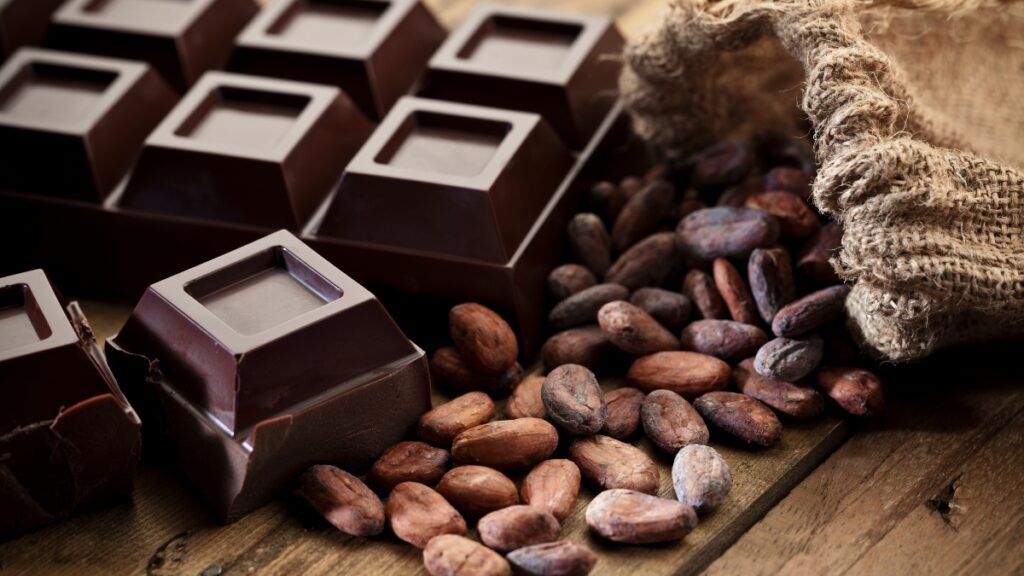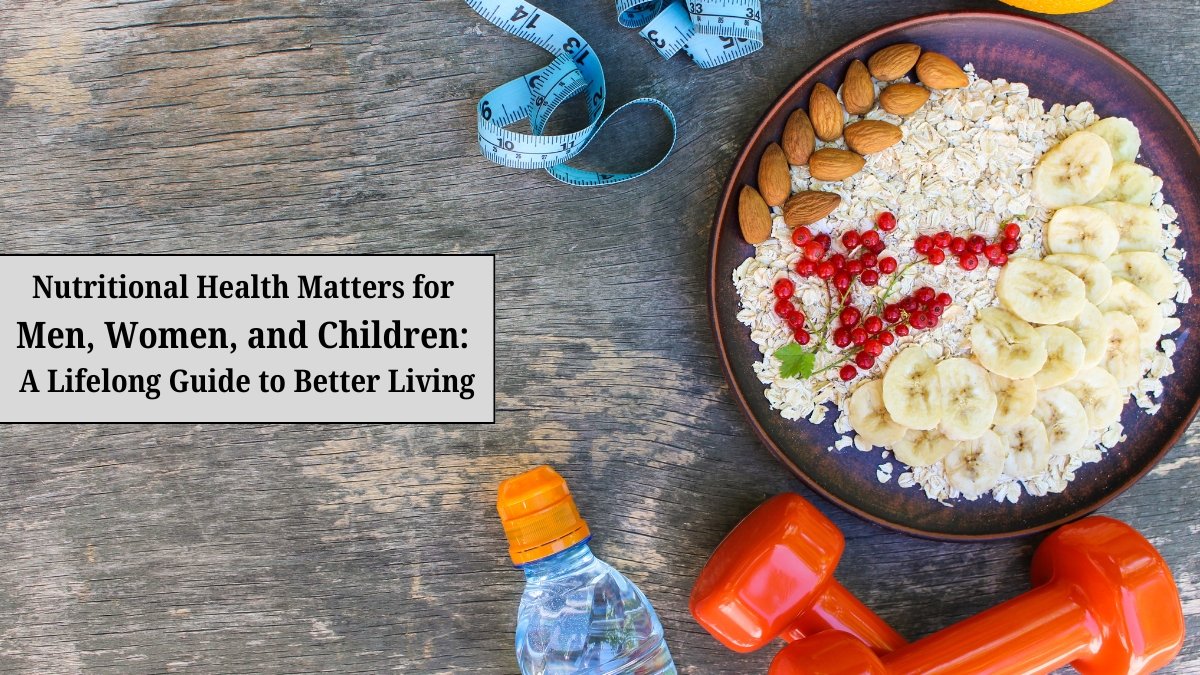Dark Chocolate : When you think of chocolate, chances are your mind goes straight to indulgence—something you treat yourself to after a long day, or sneak from the pantry in the middle of the night. But what if we told you that chocolate, specifically dark chocolate, could actually be a path to better health? That’s not just wishful thinking. There’s a growing body of scientific research that supports the health benefits of dark chocolate, and in this article, we’re diving deep into the why and how.
We’re not talking about the sugary milk chocolate bars you find at checkout stands. We’re talking about rich, slightly bitter, antioxidant-packed dark chocolate. So grab a piece (or two) of your favorite high-quality dark chocolate and settle in—this is going to be both delicious and enlightening.
READ :- 5 Best Dark Chocolate for Weight Loss: Brand, Benefits and Disadvantages
What Exactly Is Dark Chocolate?
Dark chocolate is made from the seeds of the cacao tree, also known as cocoa beans. The process involves fermenting, drying, roasting, and then grinding the beans to create cocoa mass. This is then combined with cocoa butter and sometimes a small amount of sugar to make dark chocolate. Unlike milk chocolate, dark chocolate contains little to no milk solids, and the cocoa content is typically 50% or higher—sometimes up to 90% or more.
The higher the cocoa content, the more bitter the chocolate, but also the more concentrated the health benefits. That’s because cacao is rich in compounds like flavonoids, polyphenols, and other powerful antioxidants.

Nutritional Breakdown | Dark chocolate nutrition
Let’s take a closer look at what’s inside a standard serving (about 1 ounce or 28 grams) of 70-85% dark chocolate:
- Calories: ~170
- Fat: ~12 grams (mostly healthy fats)
- Carbohydrates: ~13 grams
- Fiber: ~3 grams
- Sugars: ~7 grams
- Iron: 3.3 mg (about 19% of the RDI)
- Magnesium: 64 mg (16% of the RDI)
- Copper and Manganese: Both over 25% of the RDI
- Potassium, Zinc, Selenium: Present in smaller but meaningful amounts
Antioxidants: The Real MVPs
One of the biggest reasons chocolate gets so much love in the health world is its antioxidant content. Antioxidants are compounds that help neutralize free radicals—unstable molecules that can damage cells and lead to chronic disease.
Chocolate is loaded with antioxidants like flavonoids and polyphenols. In fact, studies have shown that chocolate contains more antioxidant activity than superfoods like blueberries and acai berries. That’s not to say you should stop eating fruit, but it does put chocolate on a more virtuous pedestal than most people expect.
Heart Health: Chocolate for Your Ticker
Perhaps the most well-studied health benefit of dark chocolate is its positive effect on heart health. Research suggests that the flavonoids in dark chocolate can help:
- Lower blood pressure by improving nitric oxide production, which relaxes blood vessels
- Reduce LDL (bad) cholesterol and increase HDL (good) cholesterol
- Improve blood flow and circulation
- Decrease risk of heart disease
One large-scale study published in the British Medical Journal found that higher chocolate consumption was associated with a significant reduction in the risk of heart disease and stroke.
Brain Benefits: Boosting Mood and Memory
Ever feel a little happier after eating chocolate? That’s not just your sweet tooth talking. Dark chocolate can boost your mood thanks to its content of compounds like phenylethylamine (PEA), which triggers the release of endorphins, the feel-good chemicals in your brain.
Caffeine and theobromine, both found in dark chocolate, are mild stimulants that can also enhance brain function. Some studies even suggest that the flavonoids in dark chocolate may help improve memory, reaction time, and cognitive function, especially in older adults.
Skin Health: Glow from the Inside Out
Flavonoids in dark chocolate don’t just help your heart—they can also benefit your skin. Some studies have shown that consuming high-flavonoid dark chocolate can improve skin hydration, increase density and thickness, and even protect against UV damage (though it’s no substitute for sunscreen).
These compounds may enhance blood flow to the skin and help maintain elasticity, which contributes to a more youthful appearance.
Blood Sugar and Insulin Sensitivity
This one might sound counterintuitive, but hear us out: while sugary sweets are generally a no-go for blood sugar levels, moderate consumption of dark chocolate (especially varieties with 70% cocoa or more and minimal sugar) may actually improve insulin sensitivity.
A few small studies have indicated that flavonoids in dark chocolate can help reduce insulin resistance—a key factor in type 2 diabetes. That said, this benefit hinges on moderation and choosing chocolate with low sugar content.
Gut Health: Feeding the Good Bacteria
Your gut microbiome—the community of trillions of bacteria living in your digestive tract—plays a huge role in your overall health. It turns out dark chocolate may be a friend to your gut, too.
The polyphenols in cocoa can act as prebiotics, feeding the good bacteria in your gut and supporting a healthy microbiome. A balanced microbiome has been linked to improved digestion, enhanced immunity, and even better mental health.
Weight Management: Yes, Really
While it might seem ironic to suggest chocolate can help with weight management, some studies support the idea that dark chocolate may help curb appetite and reduce cravings. The rich taste and high fat content can lead to increased satiety, which means you’re less likely to overeat.
Just remember, moderation is key. It’s not a free-for-all license to devour a whole bar in one sitting. Think of it as a powerful little square or two to tide you over between meals.
Choosing the Right Dark Chocolate
Not all dark chocolate is created equal. Here’s what to look for when you’re shopping:
- Cocoa Content: Aim for 70% or higher. The higher the cocoa, the more antioxidants.
- Minimal Ingredients: Look for chocolate with few additives. Cocoa, cocoa butter, and a little sugar are really all you need.
- Low Sugar: The less sugar, the better. Avoid brands with high fructose corn syrup or unnecessary sweeteners.
- No Alkali Processing: Also known as “Dutching,” this process reduces bitterness but also destroys many of the beneficial flavonoids.
Brands like Lindt, Green & Black’s, Alter Eco, and Theo are often recommended for their quality and ethical sourcing.
How Much Is Too Much?
A standard serving is about 1 ounce (28 grams) per day. That’s roughly 3-4 small squares, depending on the bar. More than that and you risk getting too many calories and sugars, even in dark chocolate.
Creative Ways to Enjoy Dark Chocolate
Dark chocolate doesn’t have to be boring or eaten plain. Here are a few healthy and delicious ideas:
- Melted over fresh fruit like strawberries or banana slices
- Mixed into overnight oats for a breakfast treat
- Grated on top of Greek yogurt
- Blended into smoothies with banana, almond butter, and a touch of cinnamon
- Baked into healthy muffins or energy bites
A Word on Ethical Chocolate
If you’re going to enjoy dark chocolate regularly, it’s worth considering where it comes from. Some chocolate production involves unethical labor practices, including child labor. Look for certifications like Fair Trade, Rainforest Alliance, or direct trade labels to ensure your treat is guilt-free in every sense.
Final Thoughts: Guilt-Free Indulgence
ark chocolate is one of those rare foods that manages to be delicious, satisfying, and genuinely good for you—all at once. It’s rich in nutrients, loaded with antioxidants, and offers a range of health benefits from heart and brain health to better skin and even improved mood.
As with all good things, the key is moderation. Enjoy a small piece of high-quality dark chocolate each day and know that you’re doing something sweet for your body and mind. It’s not just a treat—it’s a healthy habit.
So next time you’re craving something decadent, don’t feel guilty. Grab that bar of dark chocolate, savor it slowly, and smile—your body will thank you.














